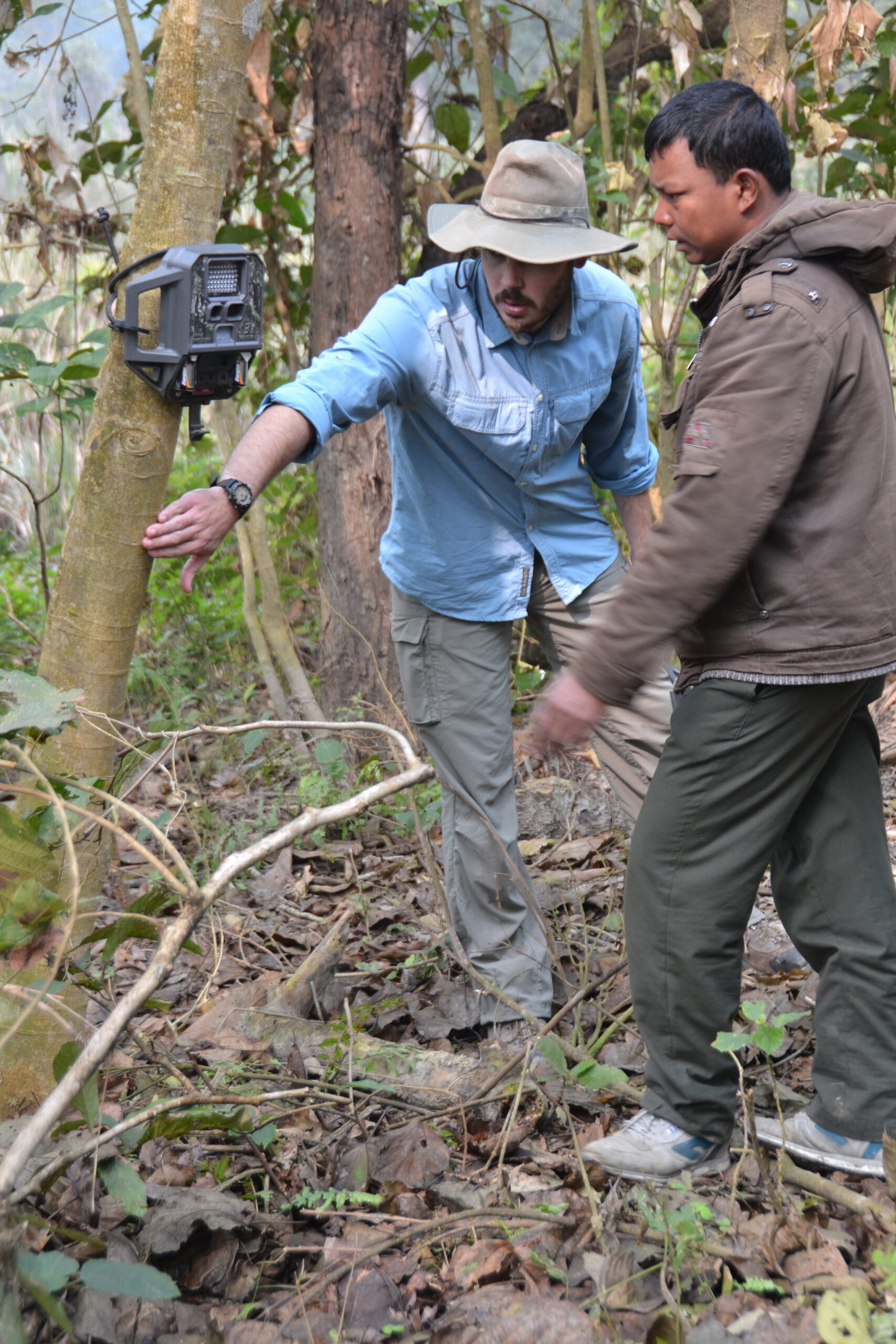Carter’s research combines quantitative, theoretical, and field approaches to address challenging local to global wildlife conservation issues in the Anthropocene. His work includes projects on endangered species conservation in human-dominated areas of Nepal, post-war recovery of wildlife in Mozambique, human-wildlife coexistence in the American West, and the effects of artificial lights and human-made noise on wildlife habitat across the contiguous US. Research methods focus on: (1) spatializing both human and wildlife processes, (2) probabilistic methods to infer human-wildlife interactions (3) simulation models of coupled natural-human systems, and (4) forecasting and decision-support tools.
COntact
WebsiteLocation
Ann Arbor
Methodologies
Causal Inference / Machine Learning / Mathematical and Statistical Modeling / Networks / Statistics
Applications
Complex Systems / Earth Science and Ecology / Environmental and Climate Research

